Eudaimonia: The highest good in classical Greek philosophy
After exploring the main schools and thinkers of classical Greek philosophy and summarizing their key concepts in a glossary, I thought it would be useful to elaborate on some of these key ideas in more detail. In this post, we will start with a concept that is central to the ethical thought of Socrates, Plato, and Aristotle: eudaimonia. This term, which is often translated as “happiness” or “flourishing”, encapsulates the idea of living well in accordance with one’s nature and potential. Unlike the modern conception of happiness, which often connotes a fleeting emotional state, eudaimonia denotes a profound and enduring condition of living well, in accordance with one’s nature and potential.

Eudaimonia, interpreted by DALL•E.
Etymology and semantic depth
The term eudaimonia combines “eu”” (εῡ), meaning “well” or “good”, and “daimon” (δαιμών), referring to a guiding spirit or divine force. Thus, eudaimonia can be interpreted as “having a good spirit” or “living in harmony with a favorable destiny”. In philosophical discourse, the term transcends its literal meaning, embodying the highest human good and the ultimate aim of life. The precise interpretation of eudaimonia varies among philosophical schools, reflecting their differing views on human nature and the conditions necessary for flourishing.
Socratic foundations
Socrates redefined the concept of happiness in ethical terms, identifying eudaimonia with the cultivation of virtue (arete, αρετή). In dialogues such as the Apology and Meno, Socrates argues that true happiness arises from the pursuit of wisdom and moral excellence. He critiques the hedonistic view that equates happiness with pleasure, positing instead that an examined life — one devoted to the pursuit of truth and justice — constitutes genuine flourishing. For Socrates, eudaimonia is inseparable from ethical integrity and the alignment of one’s life with rational principles.
Plato’s vision of the good life
Plato builds upon Socratic ethics by situating eudaimonia within his metaphysical framework of the Forms. In the Republic, he portrays eudaimonia as the harmonious functioning of the soul, achieved when reason governs the spirited and appetitive elements. This internal harmony mirrors the justice of an ideal society, where each class fulfills its appropriate role. Plato links eudaimonia to the apprehension of the Form of the Good (tò agathón, το ἀγαθόν), arguing that true flourishing requires knowledge of ultimate reality and alignment with its principles. Philosophy, as the love of wisdom, is the path to achieving this enlightened state.
Aristotle’s teleological ethics
Aristotle offers the most comprehensive account of eudaimonia in his Nicomachean Ethics. For Aristotle, eudaimonia is the ultimate end (telos, τέλος) toward which all human actions are directed. It is not merely a subjective state of contentment but an objective condition of living well, defined by the fulfillment of one’s function (ergon, έργον). According to Aristotle, human beings are rational animals, and their telos is the exercise of reason in accordance with virtue (arete).
Aristotle distinguishes between two kinds of virtues essential to eudaimonia: moral virtues, such as courage and temperance, which regulate desires and emotions, and intellectual virtues, such as wisdom (sophia) and practical reason (phronesis), which guide ethical decision-making. He also emphasizes the role of external goods, such as health, friendship, and material resources, as conditions that support flourishing. However, Aristotle insists that virtue is the most important component of eudaimonia, as it represents the actualization of human potential.
Stoic, Cynic, and Epicurean perspectives
The Stoics reinterpret eudaimonia as the life of virtue in accordance with nature. For Stoic philosophers like Epictetus and Marcus Aurelius, flourishing consists of achieving inner tranquility (ataraxia) and resilience by aligning one’s will with the rational order of the cosmos. They argue that external circumstances are irrelevant to eudaimonia, as true happiness depends solely on the cultivation of virtue and rational control over one’s emotions.
The Cynics present a radical approach to eudaimonia, emphasizing simplicity and self-sufficiency. For figures like [Diogenes of Sinope(/weekend_stories/told/2025/2025-01-04-cynics/), flourishing arises from rejecting societal conventions and material possessions, thereby living in accordance with nature and authentic virtue. Cynicism challenges the reliance on external goods, advocating for a return to a more primitive, virtuous existence free from corruption.
In contrast, Epicurean philosophy identifies eudaimonia with the pursuit of pleasure (hedone), understood as the absence of pain (aponia) and mental disturbance (ataraxia). Epicurus emphasizes the importance of satisfying natural and necessary desires while avoiding unnecessary ambitions and fears. For the Epicureans, philosophical reflection and the cultivation of friendships are key to achieving a tranquil and pleasurable life.
Pyrrhonian skepticism
The Pyrrhonists, led by figures like Sextus Empiricus, approach eudaimonia through the suspension of judgment (epoché). They argue that by refraining from dogmatic assertions about what is true or good, one can achieve mental tranquility (ataraxia). For the Pyrrhonists, flourishing is not about pursuing a specific ethical doctrine but about freeing the mind from the disturbances of dogmatism and uncertainty.
Historical development and influence
The concept of eudaimonia has profoundly influenced Western ethical thought, shaping discussions of morality, purpose, and the good life. In medieval philosophy, thinkers like Thomas Aquinas integrated Aristotelian eudaimonia with Christian theology, reinterpreting it as the beatific vision of God. In modern philosophy, eudaimonia informs virtue ethics, which emphasizes character development and the pursuit of excellence over rule-based or consequentialist approaches.
Contemporary psychology also draws on the concept of eudaimonia in studies of well-being and human flourishing. Researchers distinguish between hedonic well-being, focused on pleasure and satisfaction, and eudaimonic well-being, centered on meaning, growth, and the realization of one’s potential.
Conclusion
Eudaimonia is a multifaceted concept that encapsulates the highest ideals of human flourishing and ethical living in classical Greek philosophy. Uniting diverse schools of thought, it emphasizes the cultivation of virtue (arete), the alignment with rational principles, and the pursuit of a life that fulfills one’s potential and purpose. Many schools and thinkers have found individual paths to eudaimonia, reflecting their unique perspectives on human nature, ethics, and the good life. Together, these diverse interpretations enrich our understanding of what it could mean to live well and to strive for excellence in thought and action. It also shows, that there is more than one way to achieve eudaimonia, and that the path to a good life is as diverse as human nature itself.
References
- Hellmut Flashar, Klaus Döring, Michael Erler, Die Philosophie der Antike. Bd. 1. Frühgriechische Philosophie, 2013, Schwabe, Aus der Reihe: Grundriss der Geschichte der Philosophie, ISBN: 9783796525988
- Klaus Döring, Michael Erler, Die Philosophie der Antike. Bd. 2/1. Sophistik, Sokrates, Sokratik, Mathematik, Medizin, 1998, Schwabe, Aus der Reihe: Grundriss der Geschichte der Philosophie, ISBN: 9783796510366
- Michael Erler, Die Philosophie der Antike. Bd. 2/2. Platon, 2007, Schwabe, Aus der Reihe: Grundriss der Geschichte der Philosophie, ISBN: 978-3-7965-2237-6
- Hellmut Flashar, Die Philosophie der Antike. Bd. 3. Ältere Akademie, Aristoteles, Peripatos, 2004, Schwabe, Aus der Reihe: Grundriss der Geschichte der Philosophie, ISBN: 978-3-7965-1998-7
- Hellmut Flashar, Michael Erler, Günter Gawlick, Woldemar Görler, Peter Steinmetz, Die Philosophie der Antike. Bd.4. Die hellenistische Philosophie, 1994, Schwabe, Aus der Reihe: Grundriss der Geschichte der Philosophie, ISBN: 9783796509308
- Christoph Riedweg, Christoph Horn, Die Philosophie der Antike. Bd. 5. Die Philosophie der Kaiserzeit und der Spätantike, 2018, Schwabe, Aus der Reihe: Grundriss der Geschichte der Philosophie, ISBN: 9783796526299
- Alexander Brungs, Georgi Kapriev, Vilem Mudroch, Die Philosophie des Mittelalters. Bd. 1. Byzanz. Judentum, 2019, Schwabe Verlagsgruppe, ISBN: 9783796526237
- John Marenbon, Die Philosophie des Mittelalters. Bd. 2. 11. Jahrhundert, 2025, Schwabe Verlag, ISBN: 9783796526251
- Laurent Cesalli, Ruedi Imbach, Alain de Libera, Thomas Ricklin, Die Philosophie des Mittelalters. Bd. 3. 12. Jahrhundert, 2021, Schwabe Verlag, ISBN: 9783796526251
- Alexander Brungs, Vilem Mudroch, Peter Schulthess, Die Philosophie des Mittelalters. Bd. 4. 13. Jahrhundert, 2017, Schwabe, ISBN: 9783796526268
- Klaus Held, Heraklit, Parmenides und der Anfang von Philosophie und Wissenschaft - Eine phänomenologische Besinnung, 1980, de Gruyter, ISBN: 9783110079623
- Burkert, W., Greek religion: Archaic and classical, 2008, Blackwell, ISBN: 978-0631156246
- Lloyd, G. E. R., Early Greek science: Thales to Aristotle, 1974, W. W. Norton & Company, ISBN: 978-0393005837
- Kenny, A., A new history of Western philosophy, 2010, Oxford University Press, ISBN: 978-0199589883
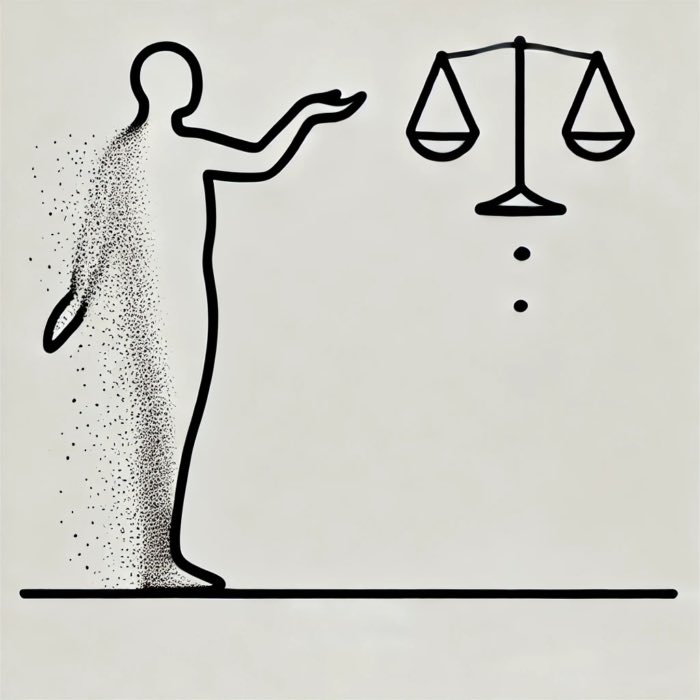

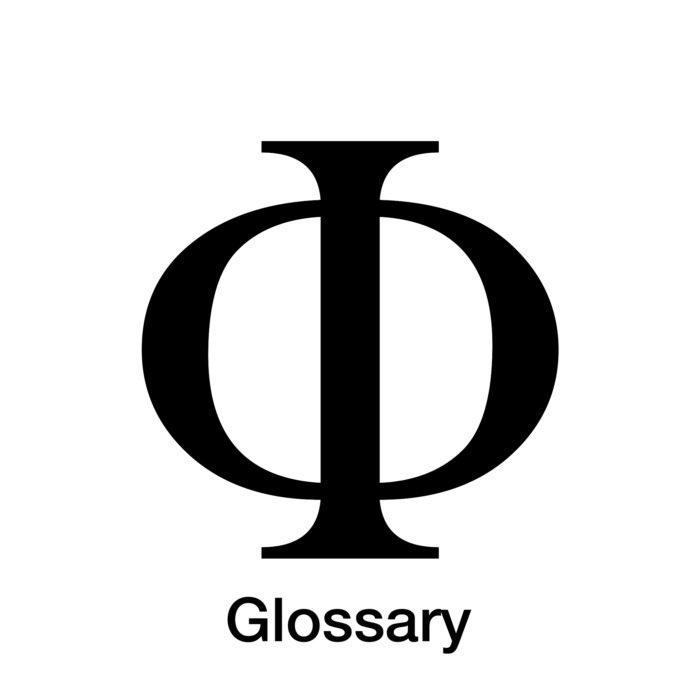
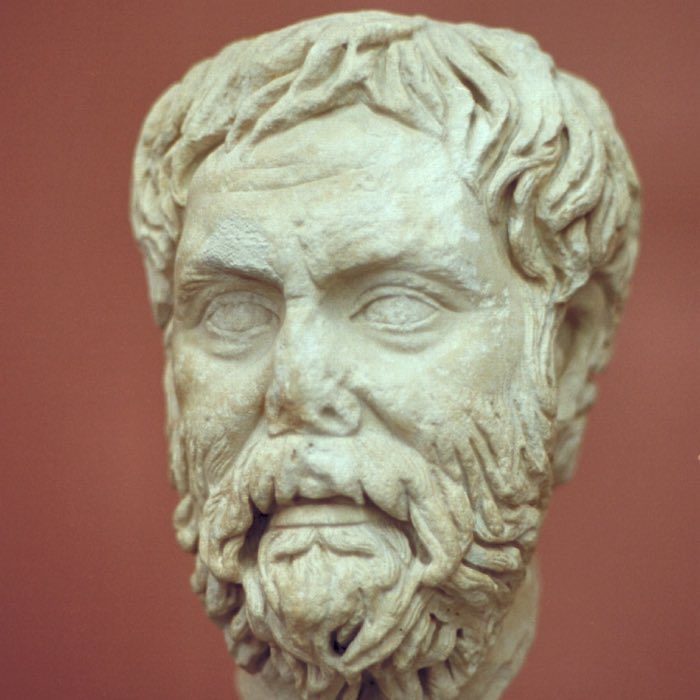
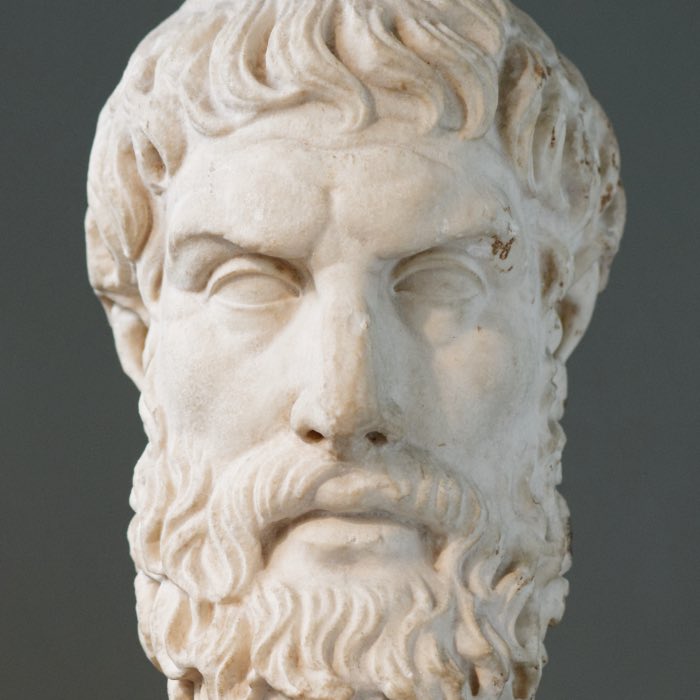
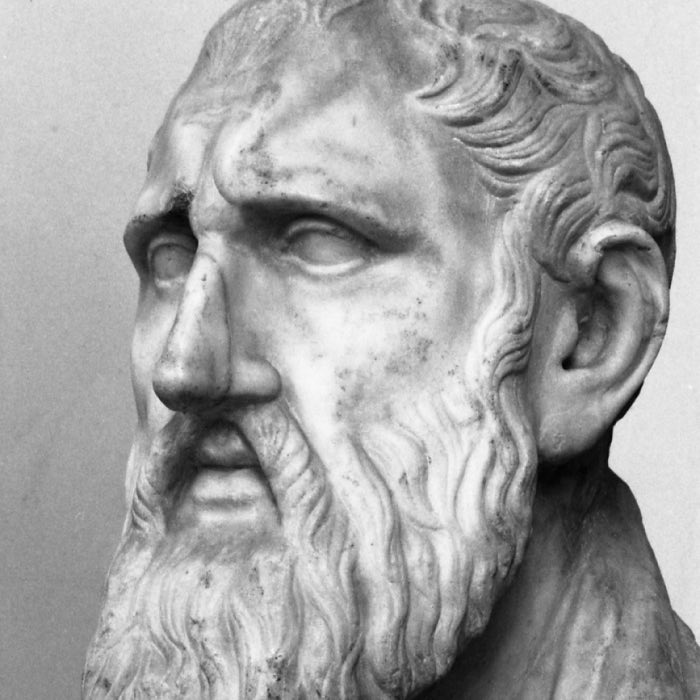

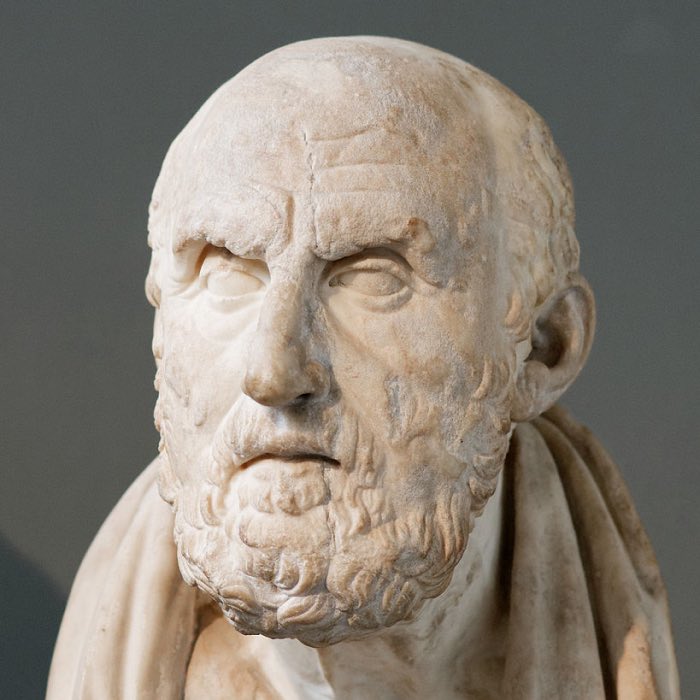
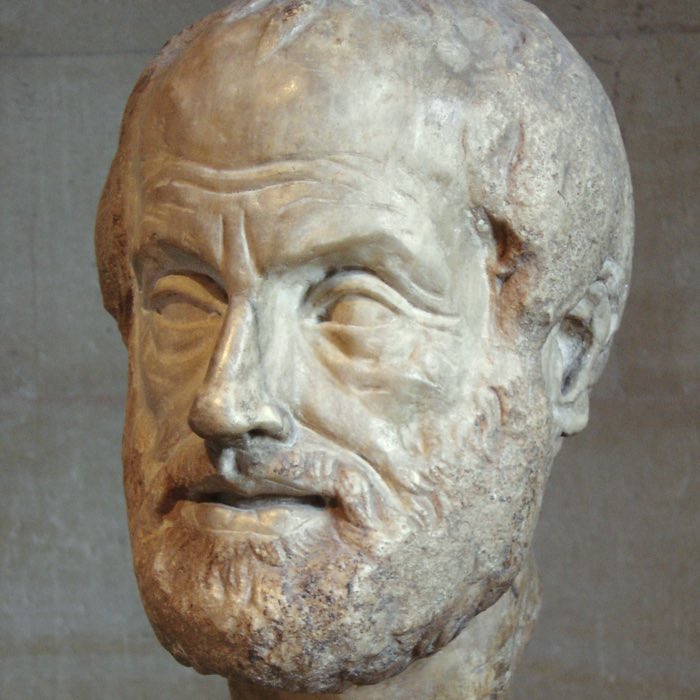
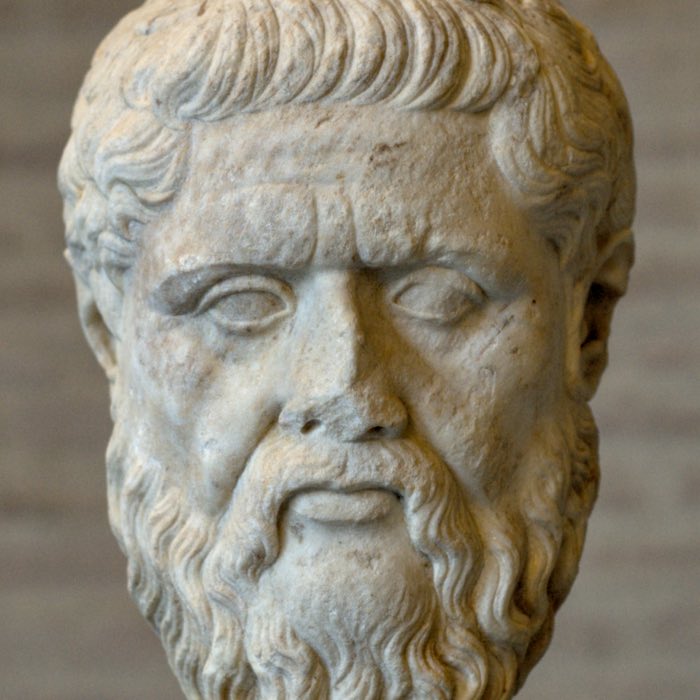
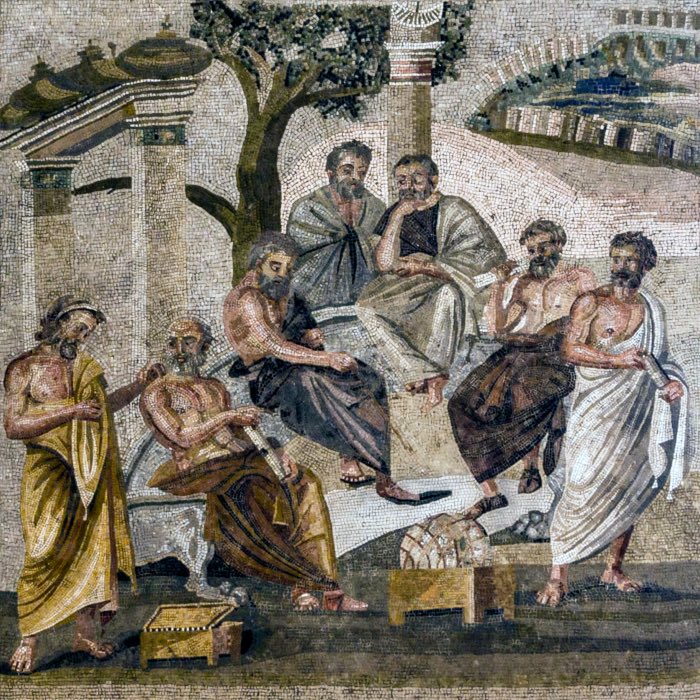
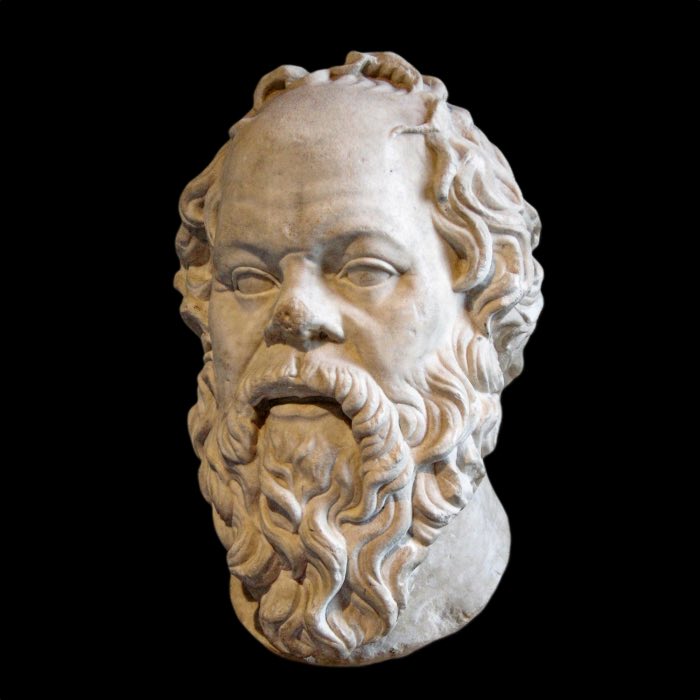
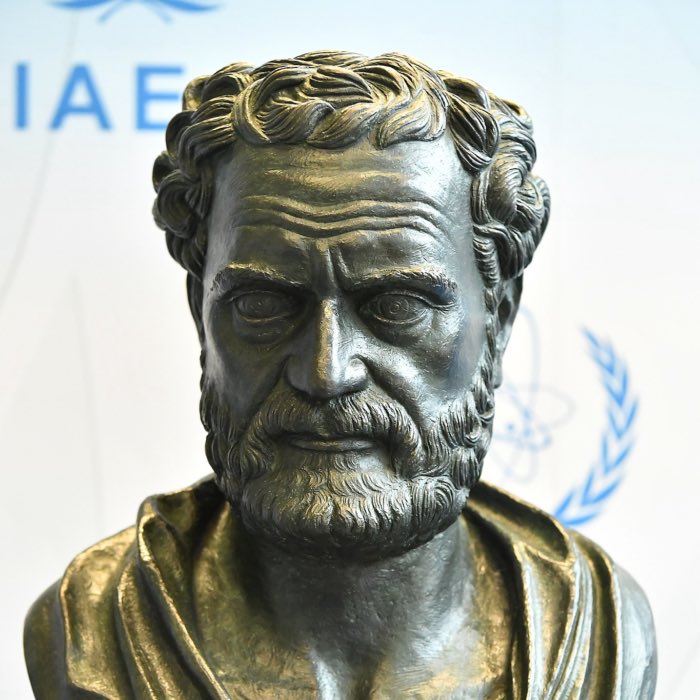
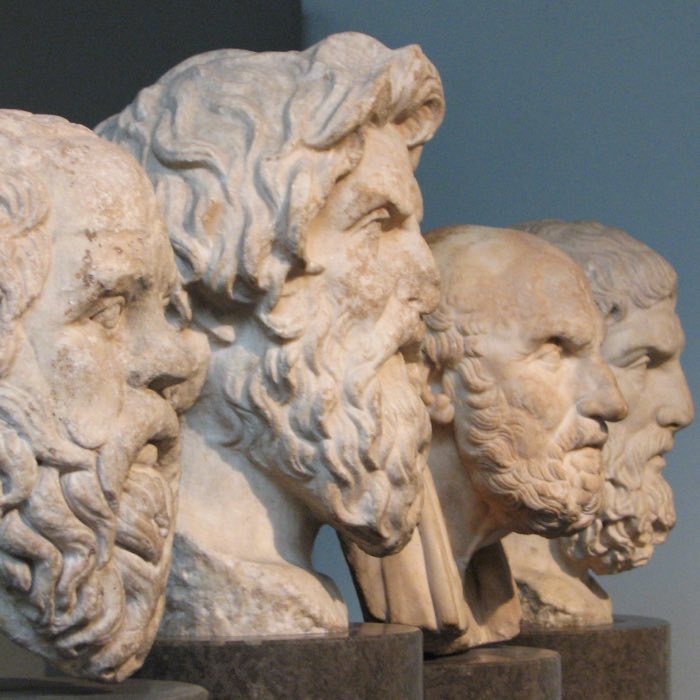
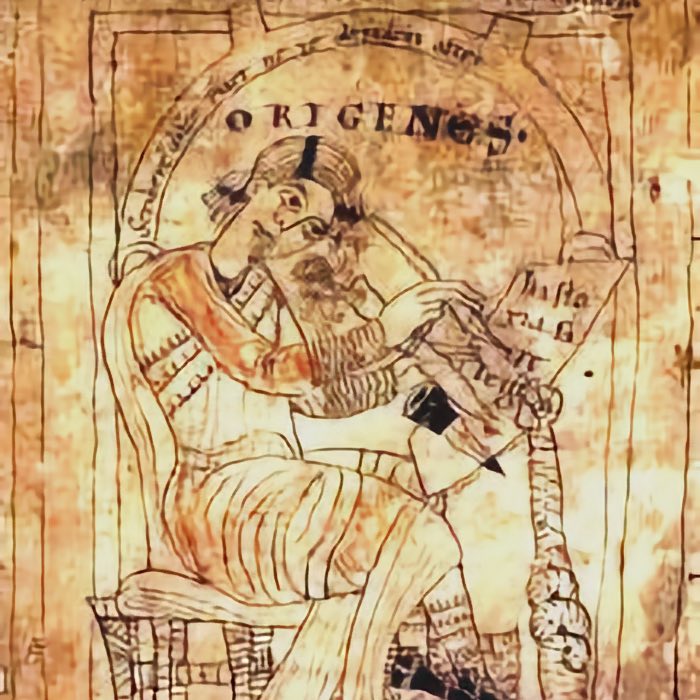
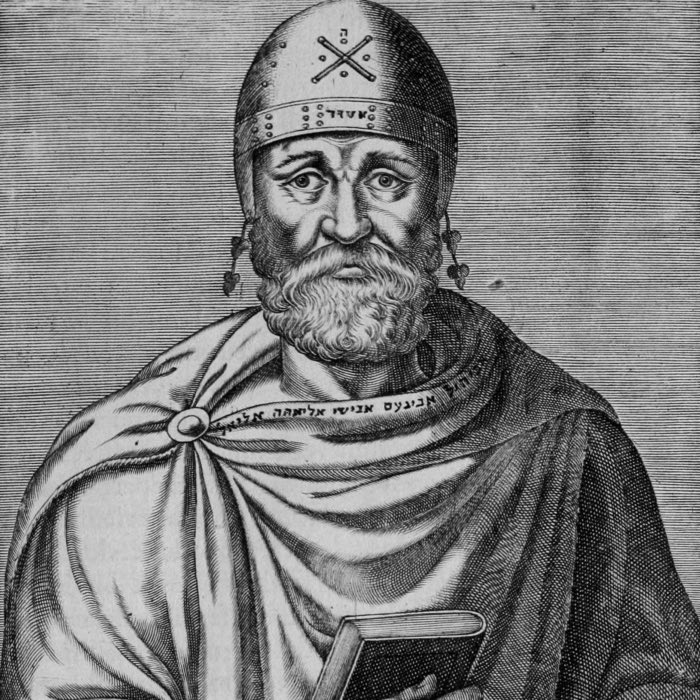
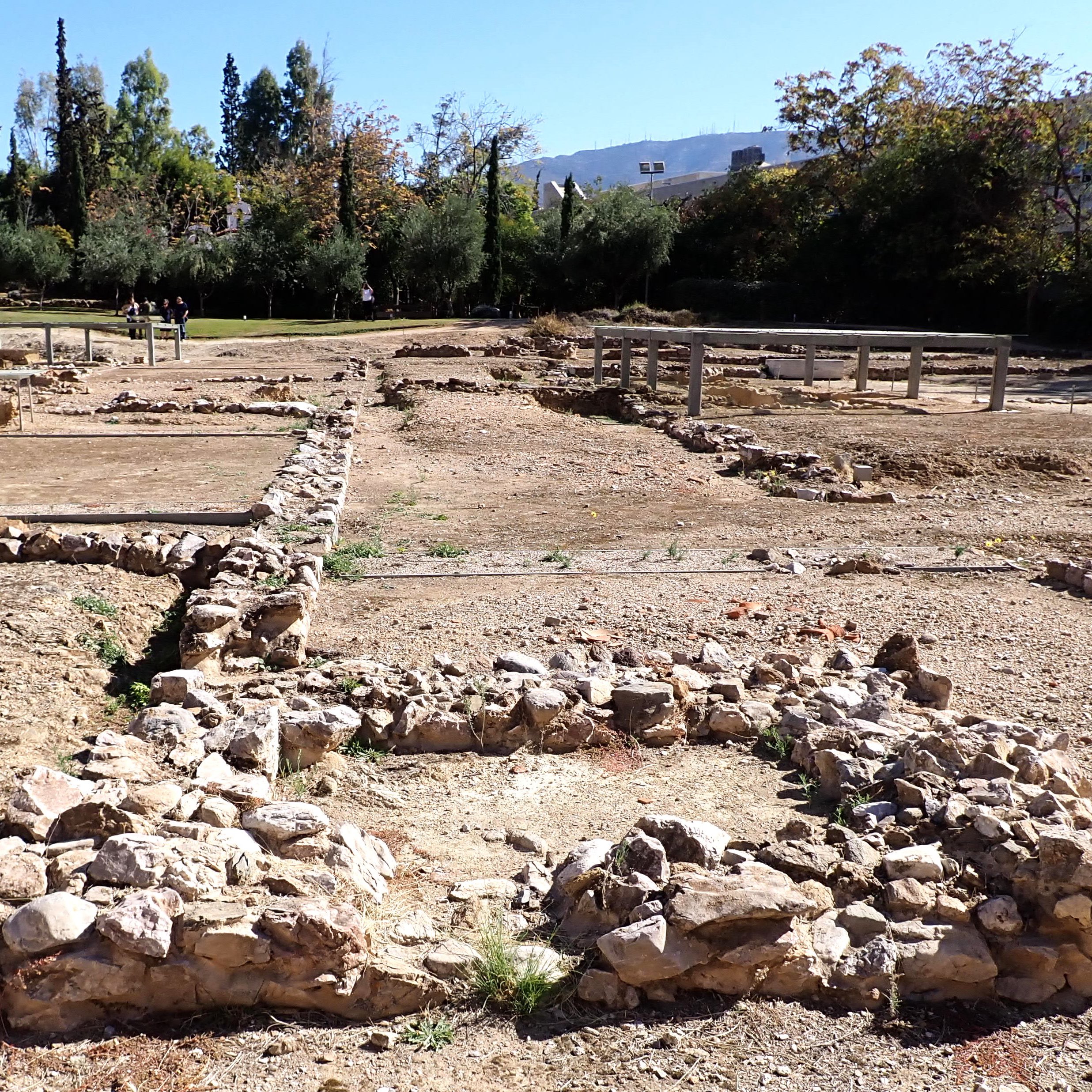
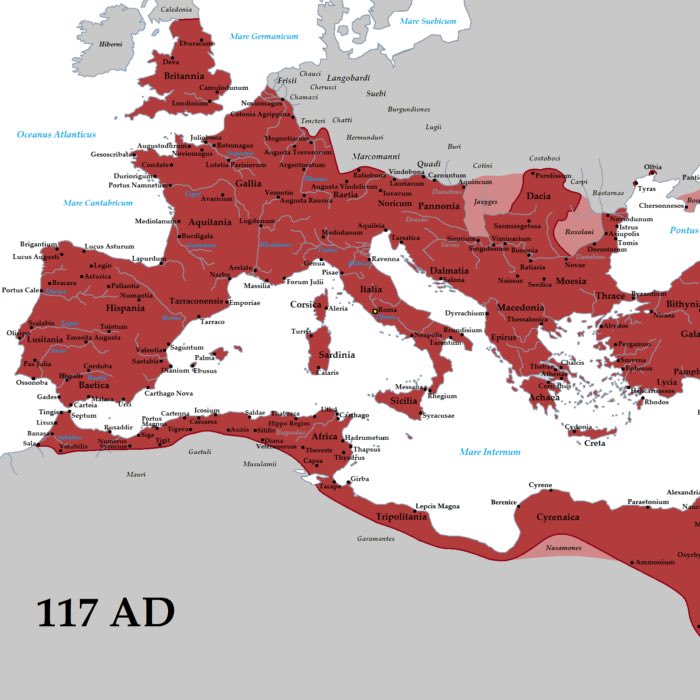
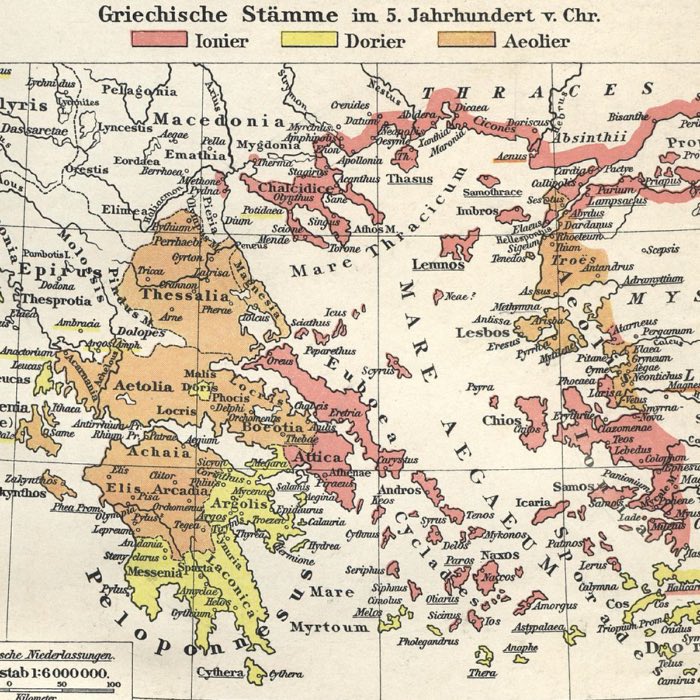



comments